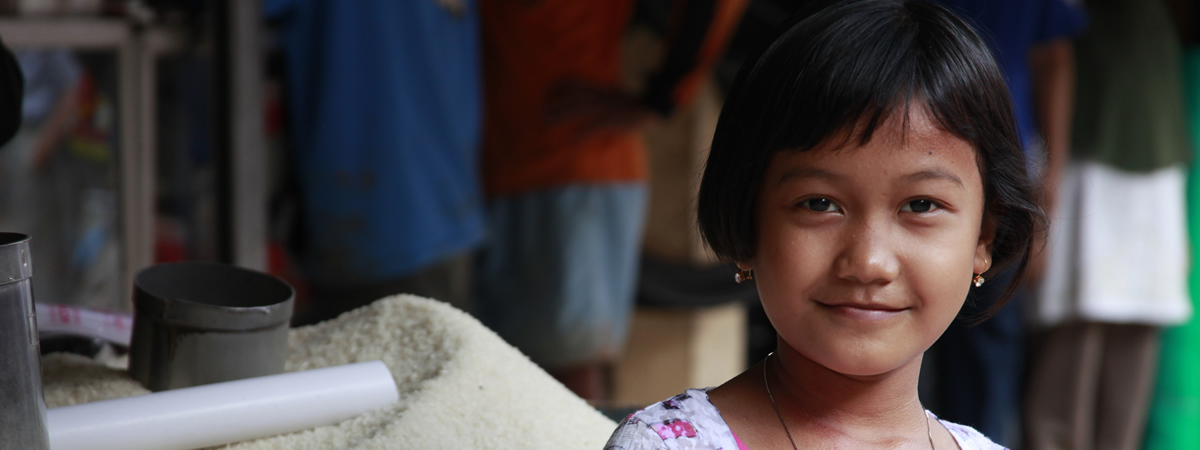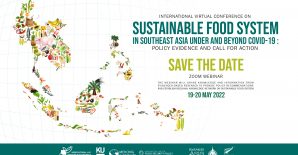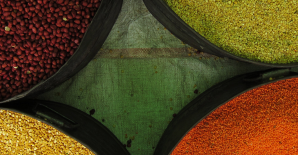The Asian experience with agricultural mechanization has been marked with major successes over the past four decades. Farm mechanization has recently emerged in Africa south of the Sahara (SSA) despite limited experiences in the past. Exchanging different regional experiences on how mechanization has evolved, especially in Asian countries, can help identify alternative approaches and design effective mechanization policies in Ghana and elsewhere in SSA. Similarly to Africa, Asia has taken many different paths towards agricultural transformation and presents opportunities to learn from a number of countries who solved a variety of challenges with different solutions. As part of the efforts to catalyze research and knowledge-sharing on agricultural mechanization in Africa and Asia, the National School of Development at Peking University and the International Food Policy Research Institute (IFPRI) organized a stakeholder’s workshop in June 2014 at Peking University, China. This workshop brought together researchers, policymakers, private sector stakeholders and agricultural engineers from Nigeria, Ghana, Ethiopia, Nepal, Thailand, India, Pakistan, China and Bangladesh. The knowledge-sharing forum illuminated the diversity of policy approaches and experience on mechanization in Asia and in Africa. This synopsis shares some reflections from the participants on issues discussed during the workshop and their implications for the formulation of mechanization policies in Ghana.
Read the full Synopsis on GSSP website.




Leave a Reply